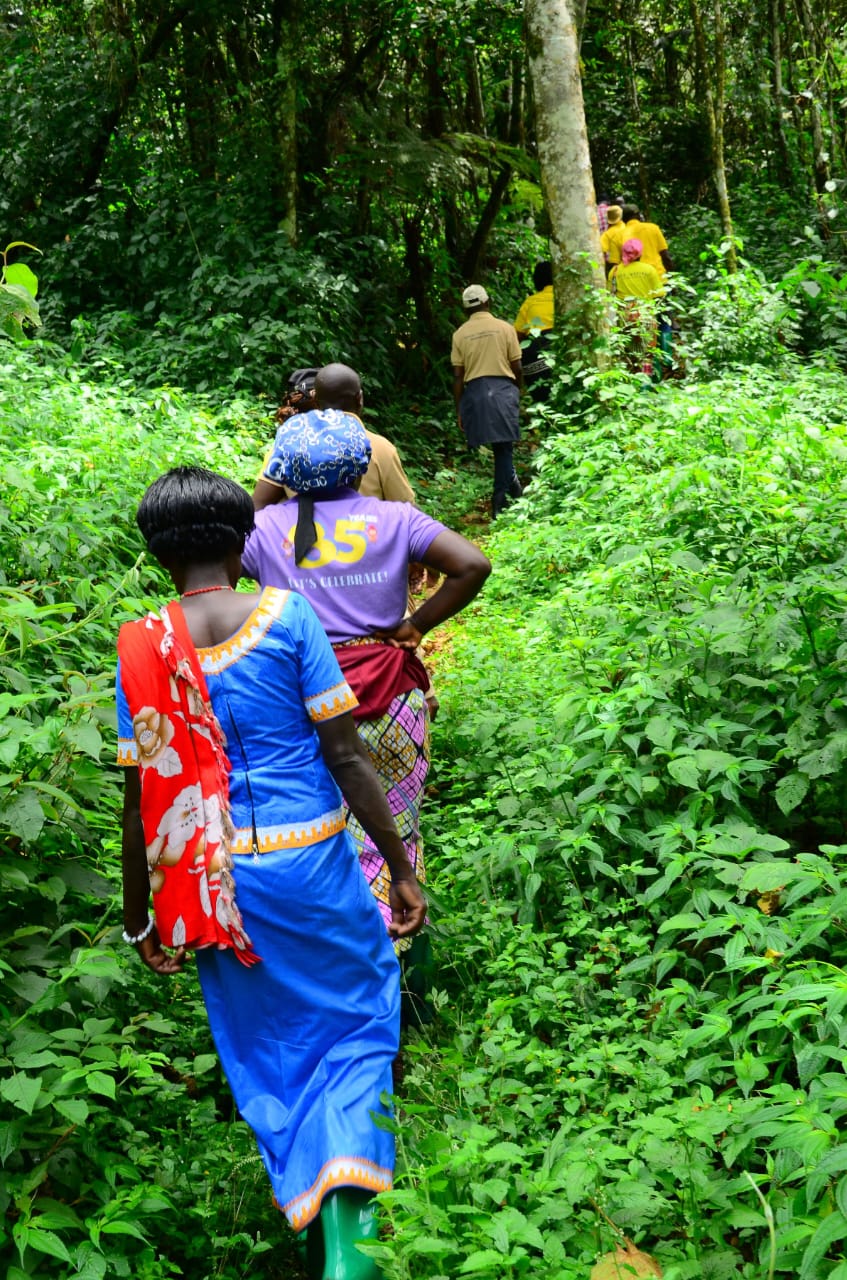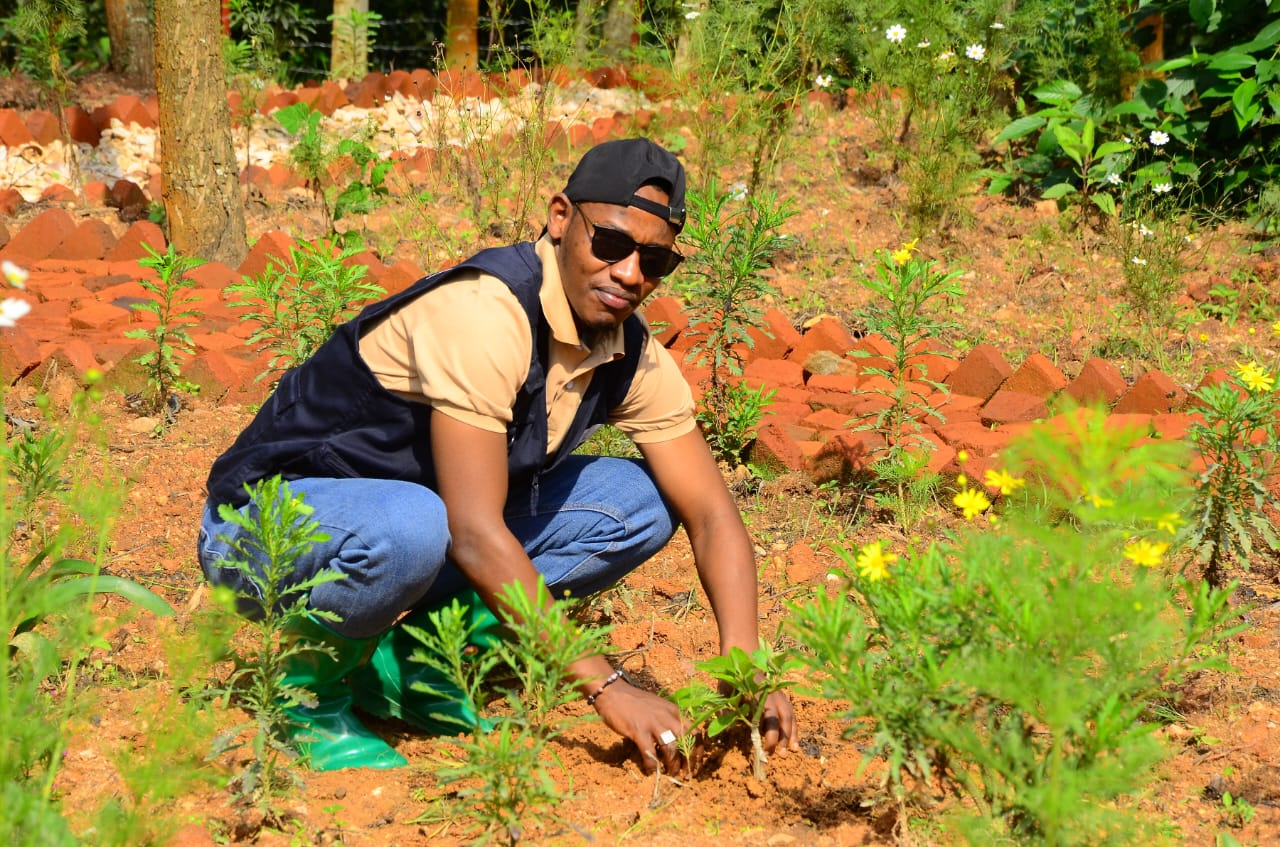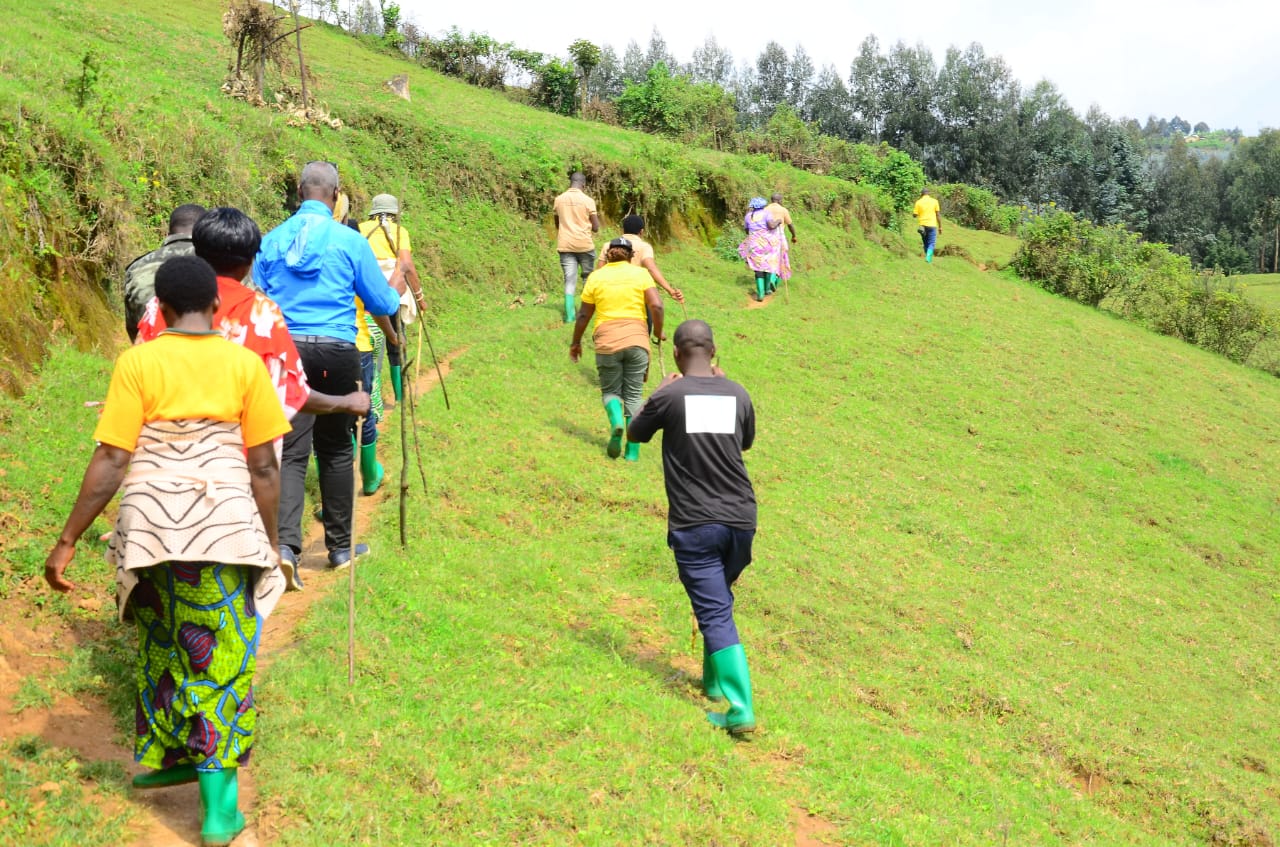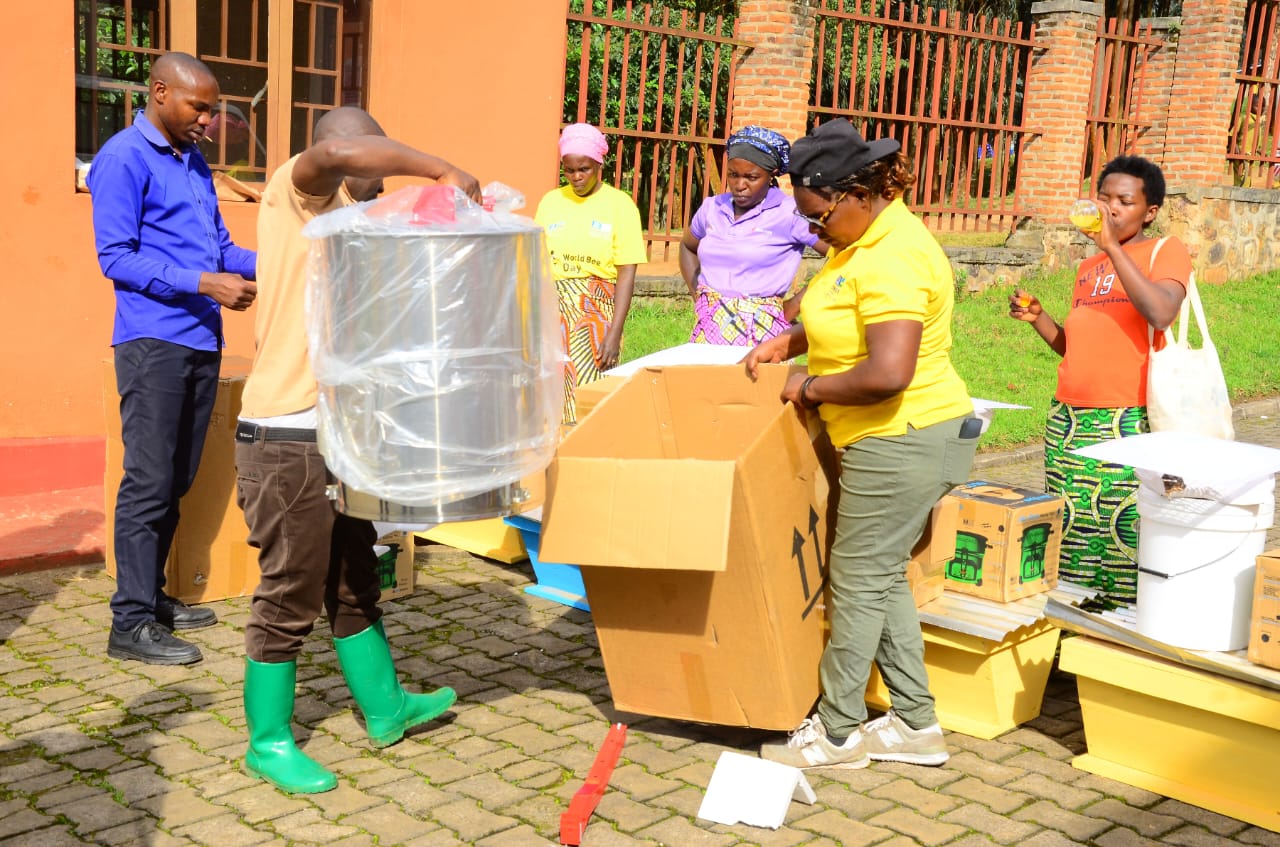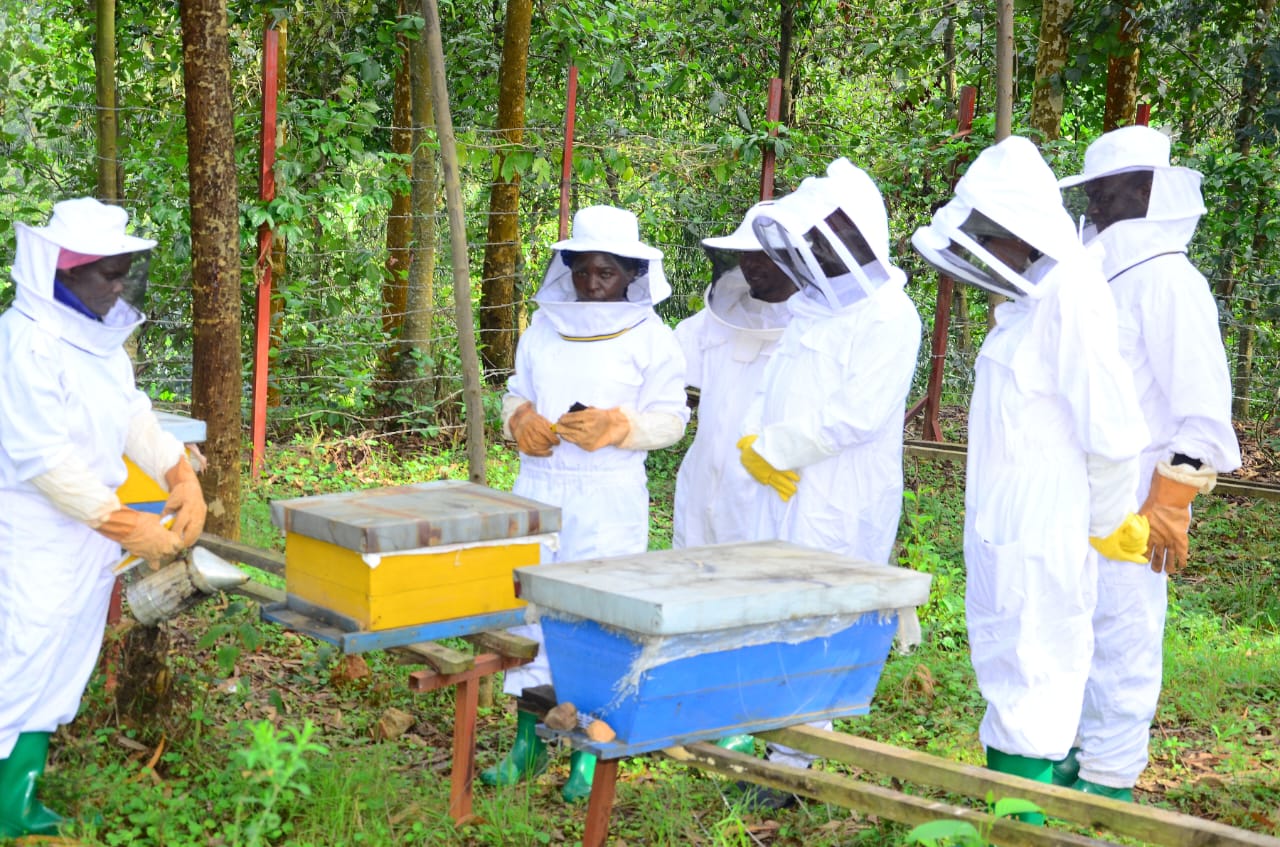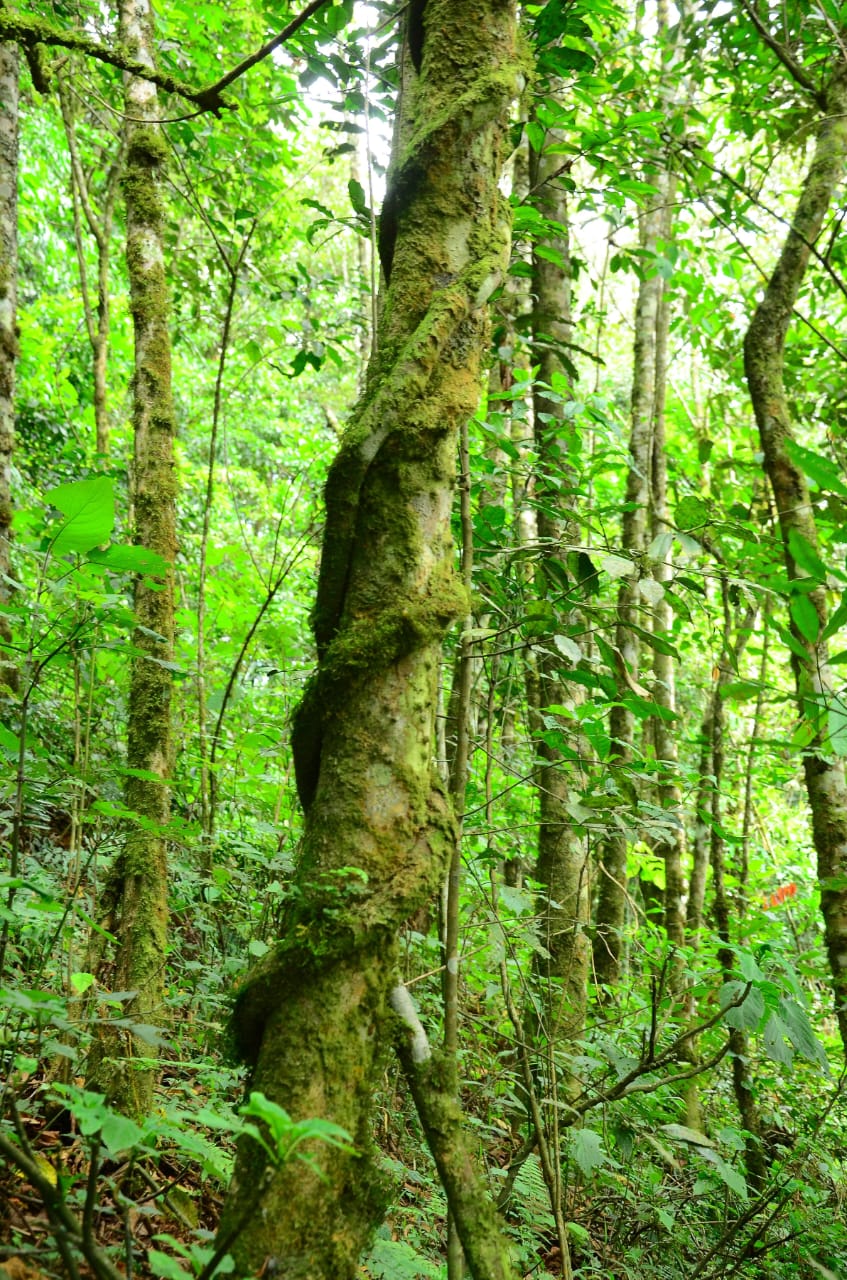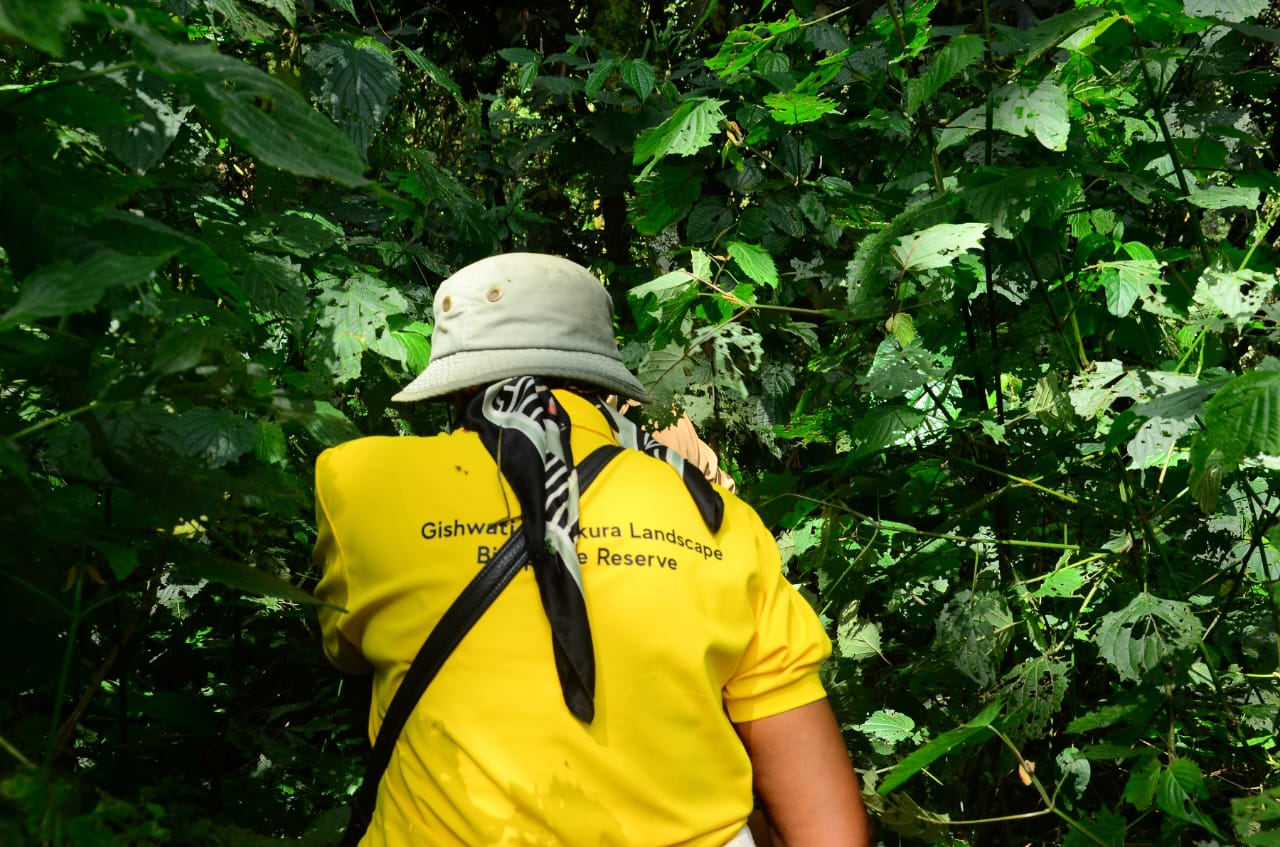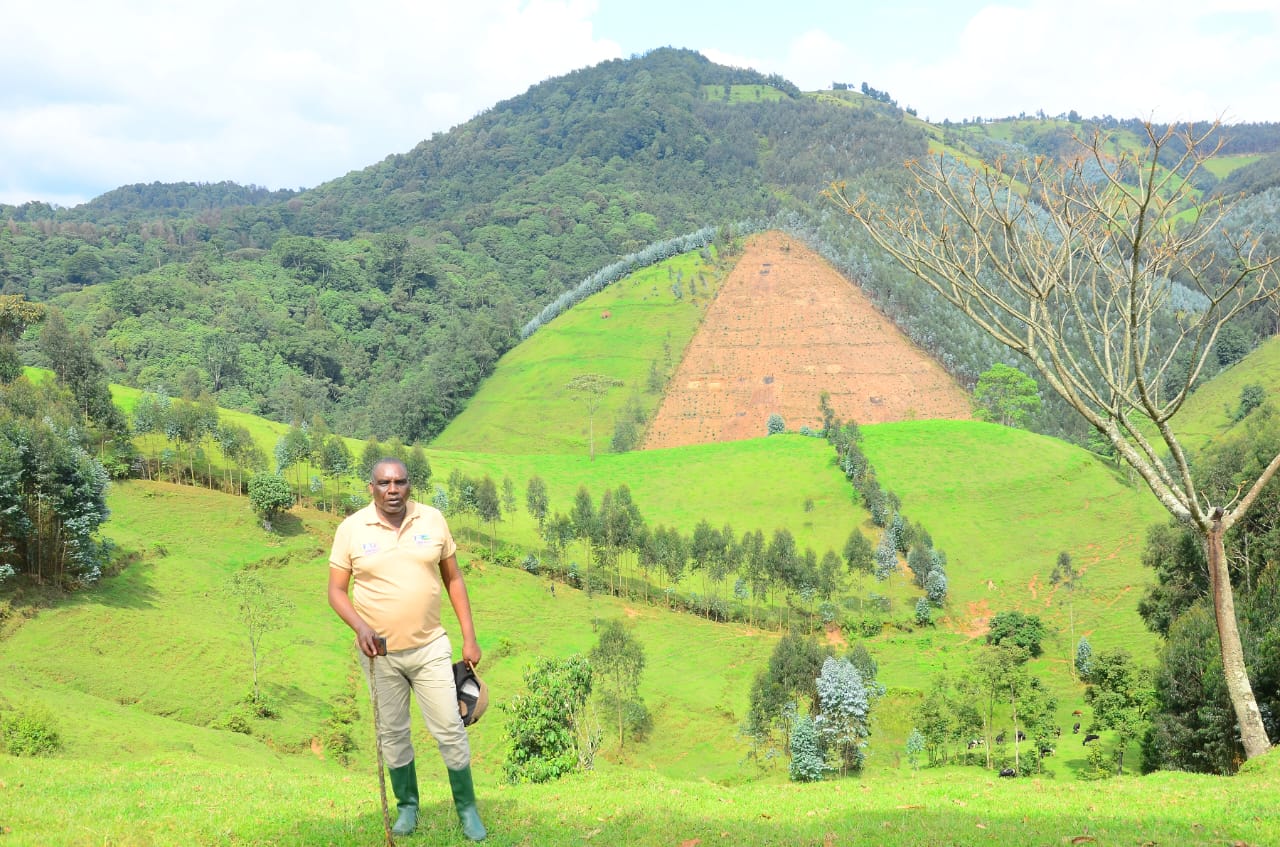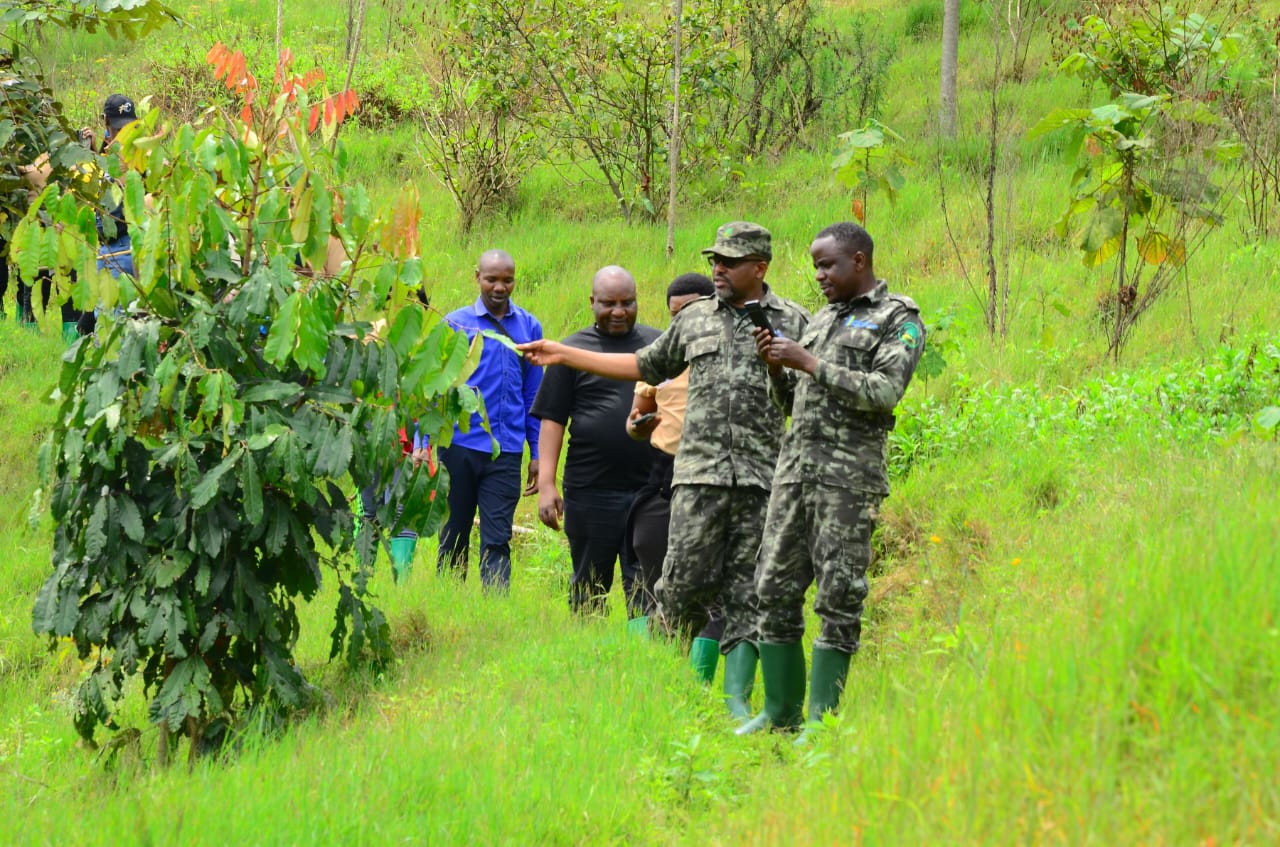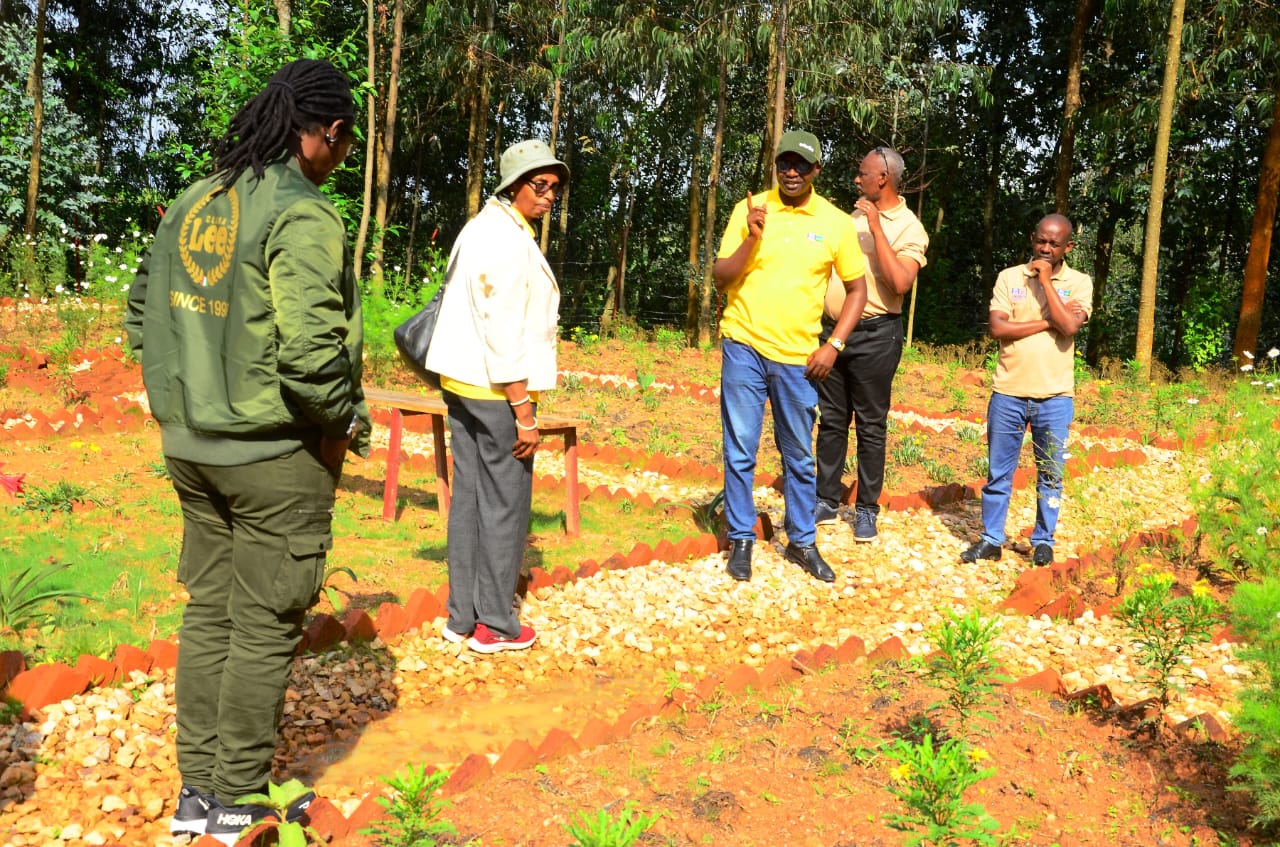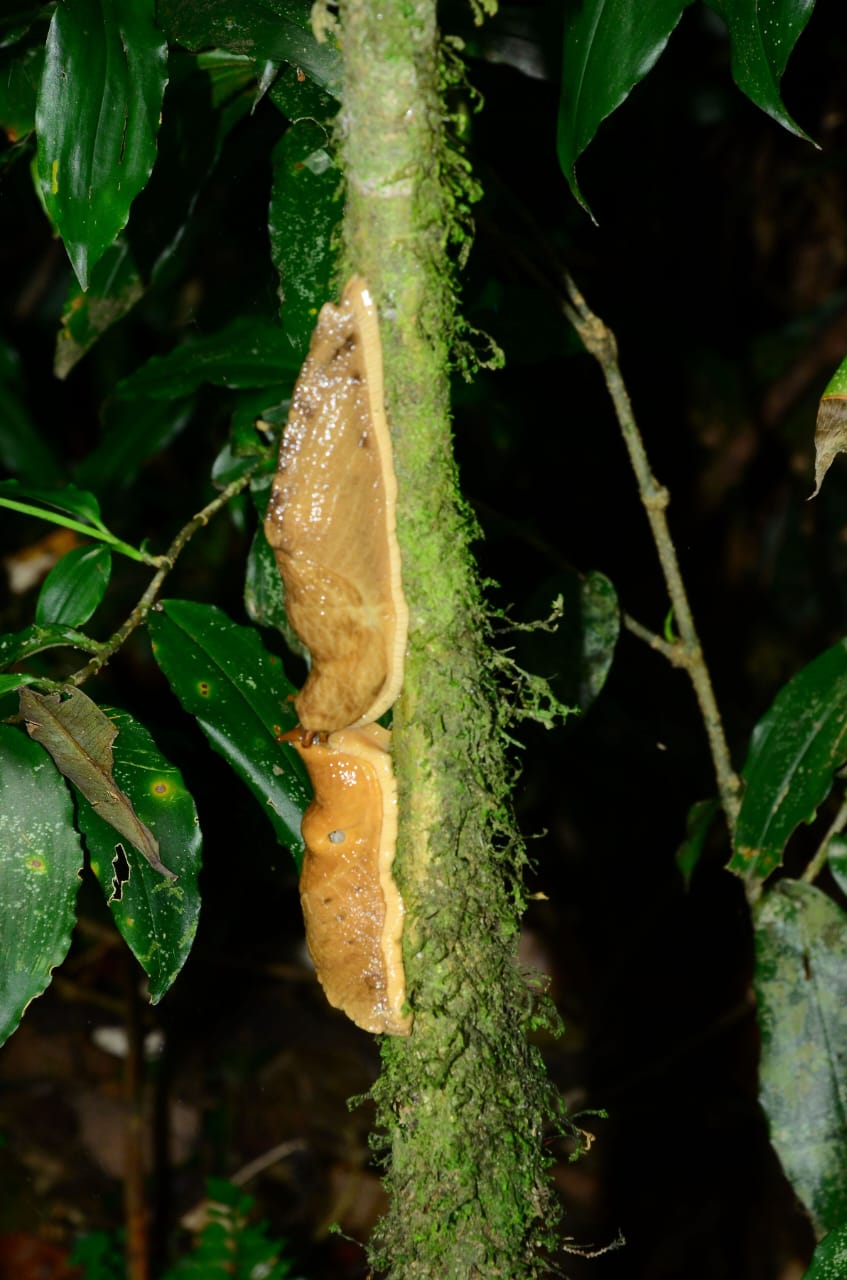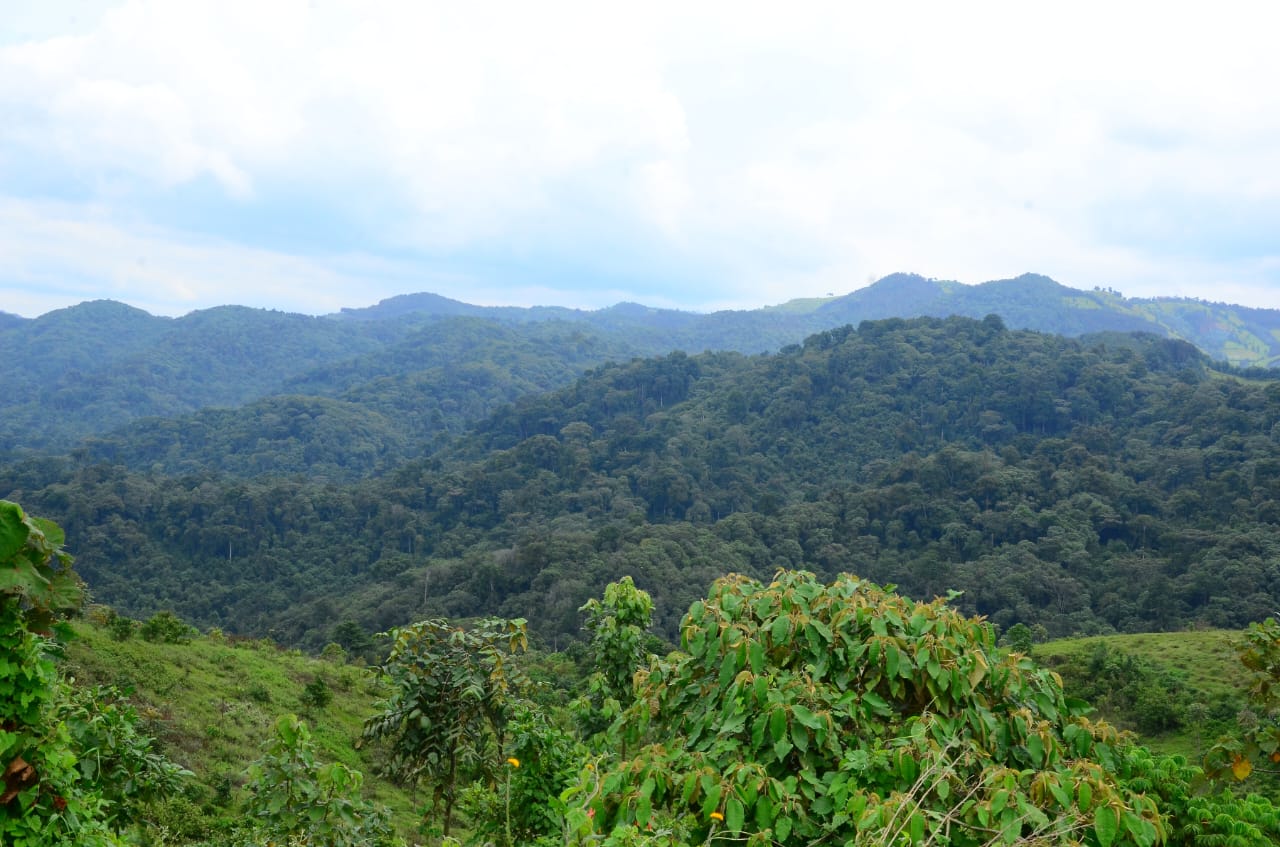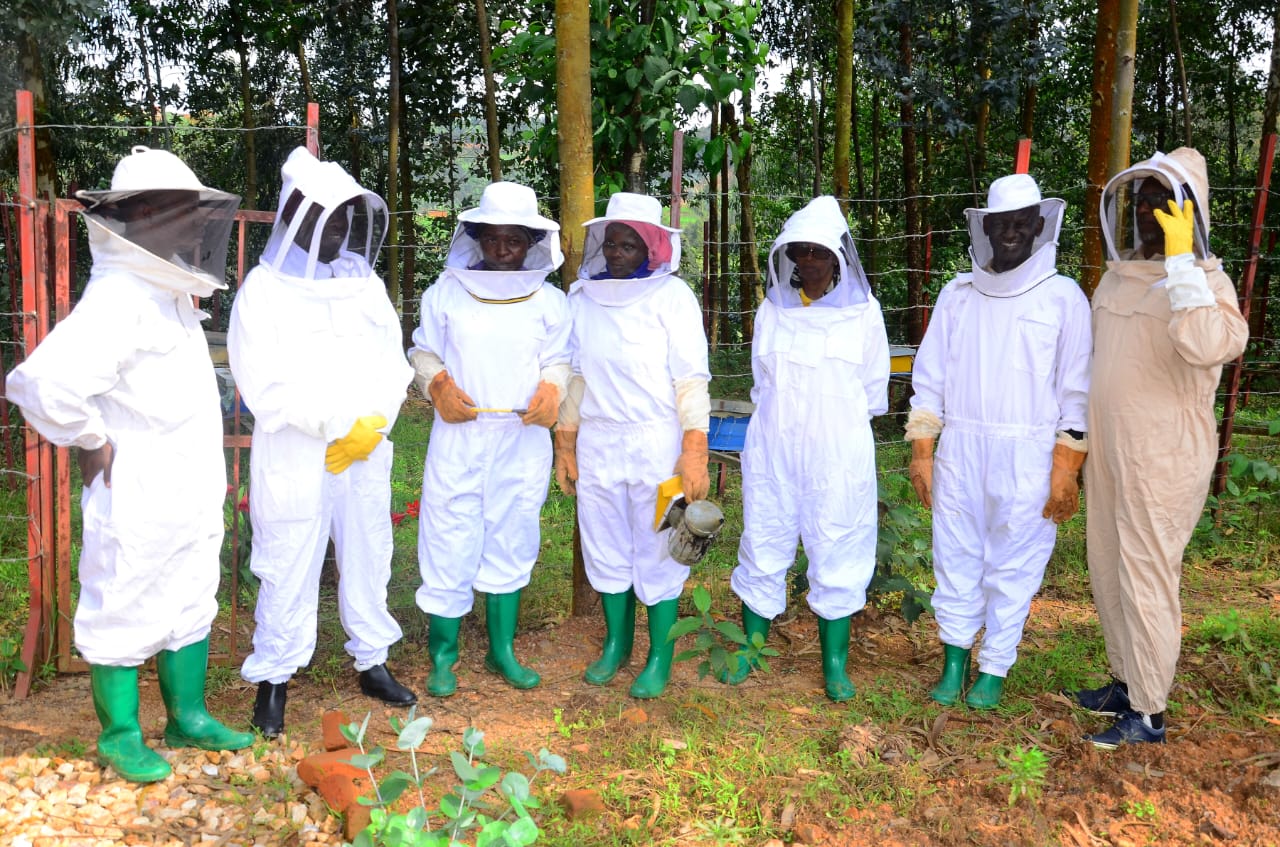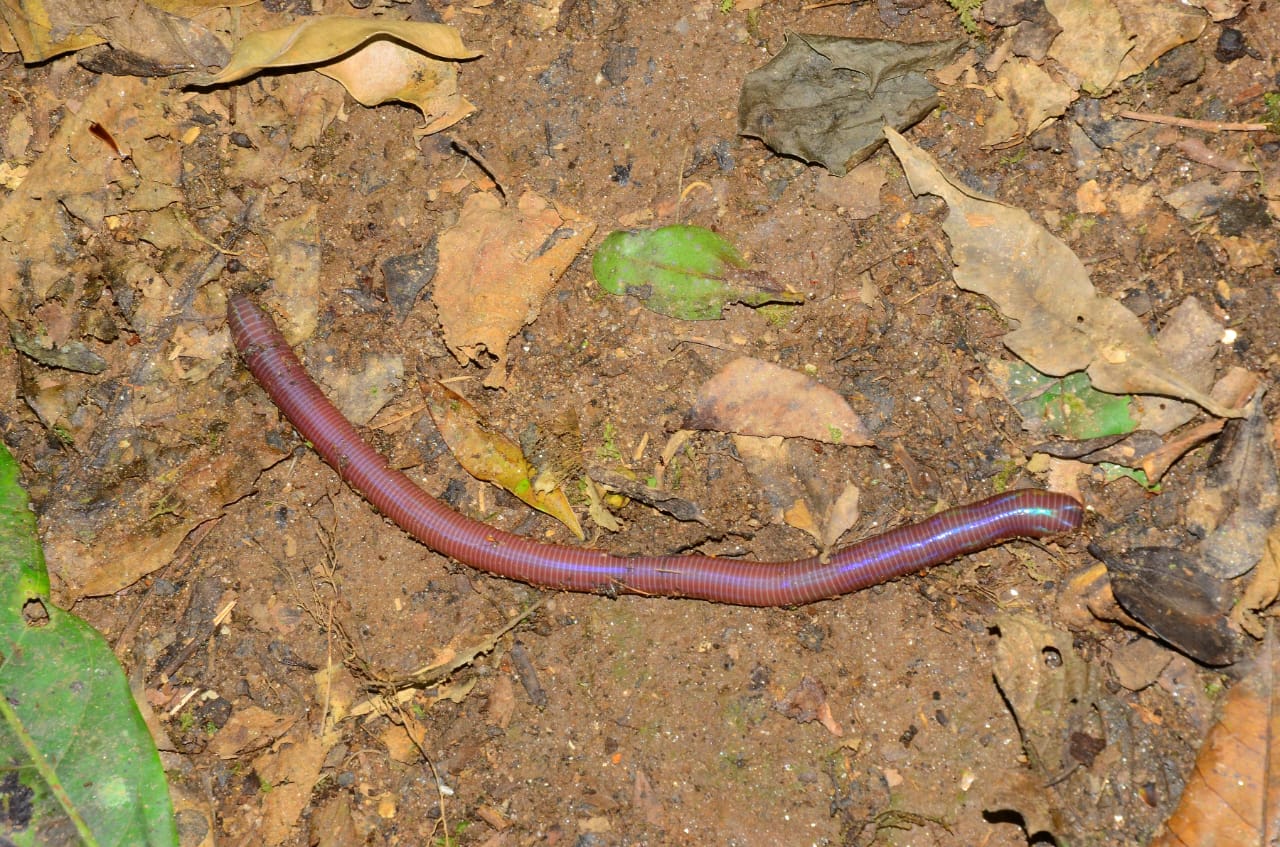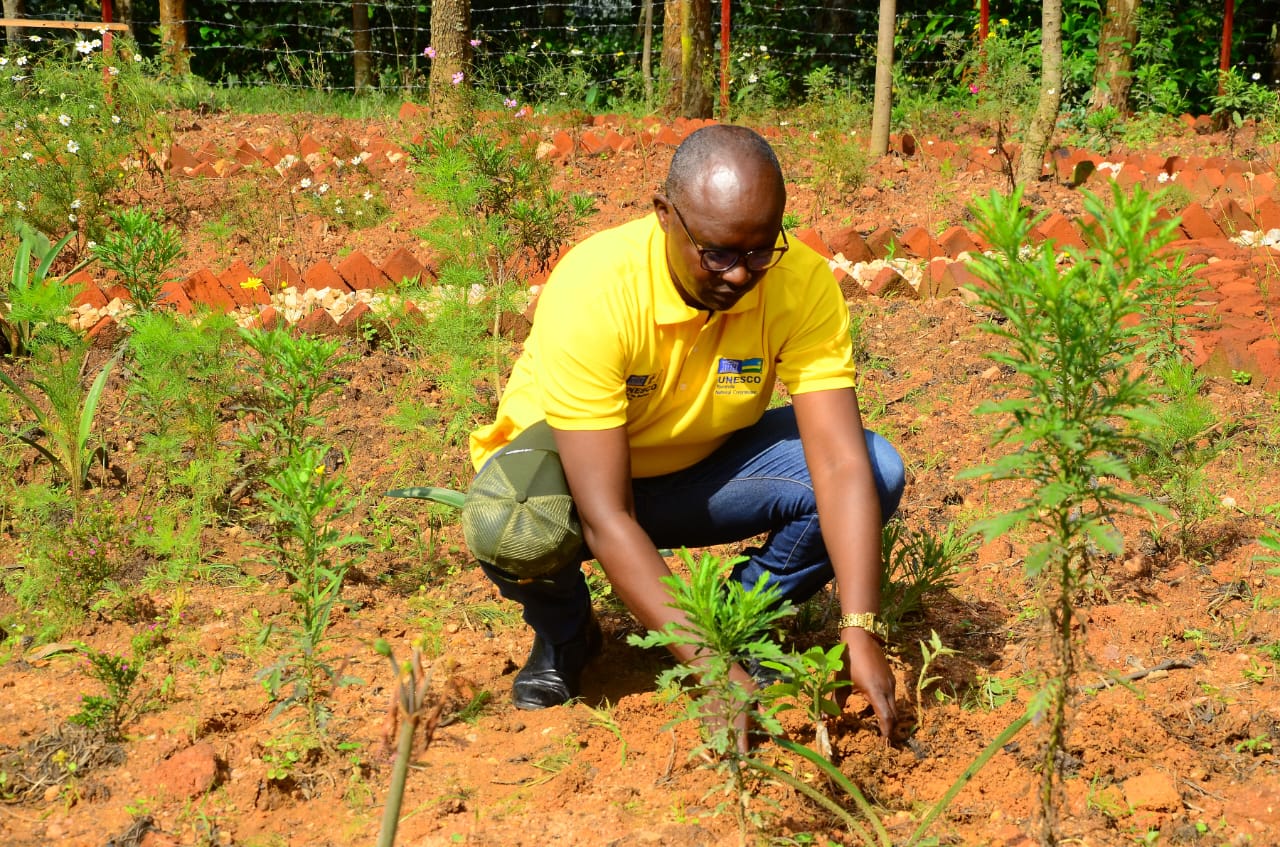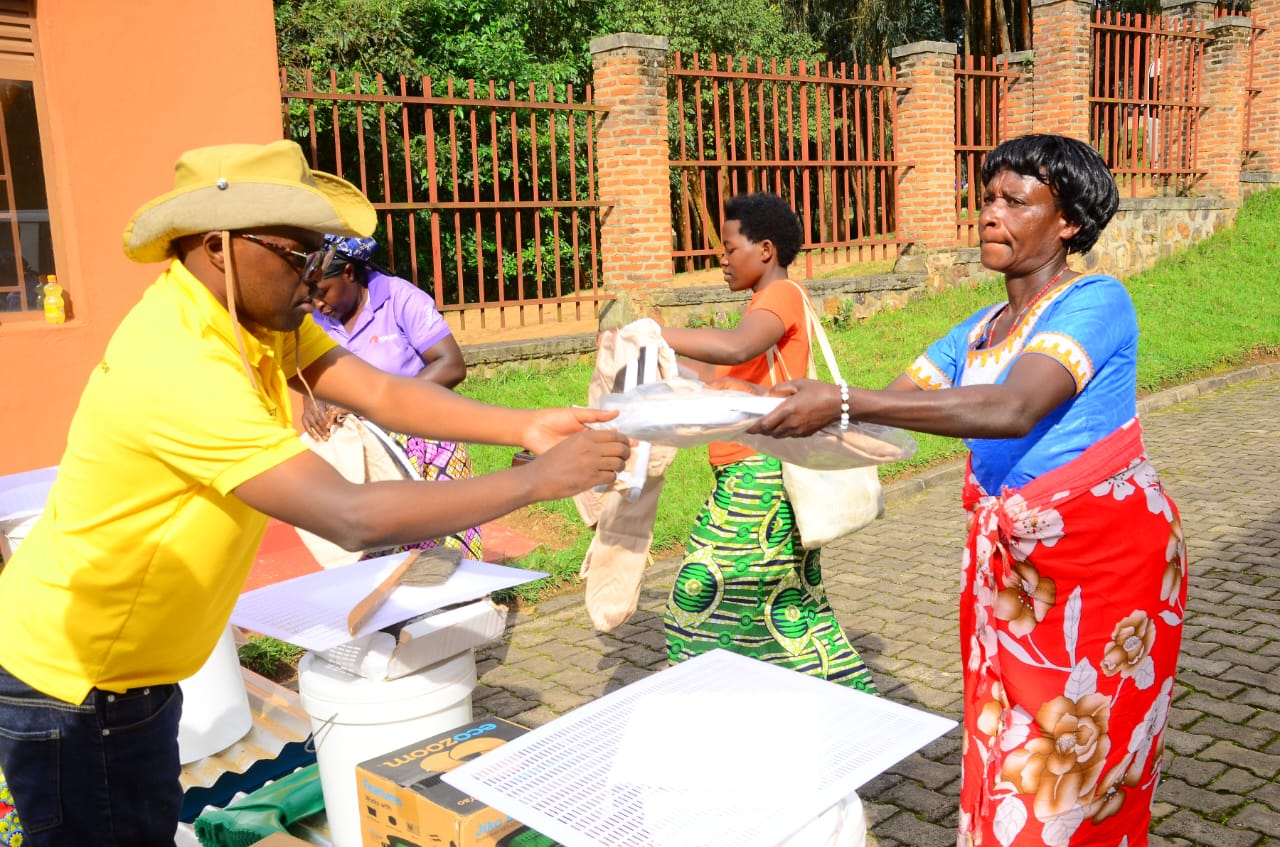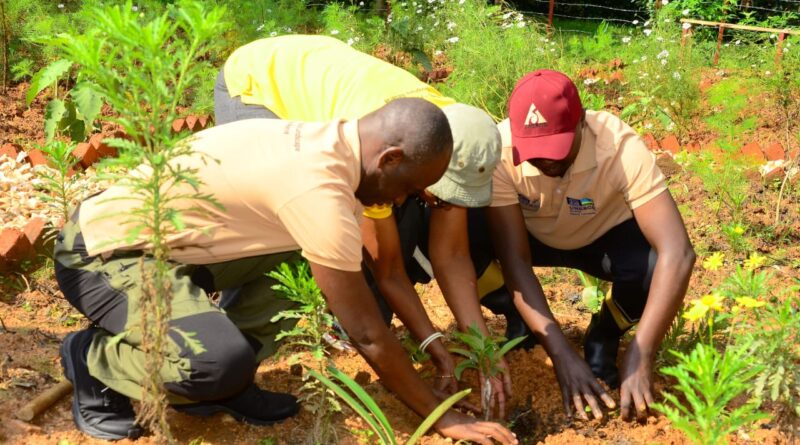UNESCO-protected Biosphere Reserves become Hubs of economy and life
On November 3, 2025, in Rutsiro District, UNESCO Rwanda celebrated for the fourth time the International Day of Biosphere Reserves, under the theme “Empowering Women and Restoring Nature: Bees and Biospheres for a Sustainable Future”, which emphasizes encouraging women to protect environmental integrity, bees, and biosphere reserves sustainably.
The event took place at Gishwati-Mukura National Park, one of Rwanda’s previously degraded biospheres that has now become a model of ecological restoration and harmony between humans and nature.
Gishwati-Mukura National Park has regained its lush green cover and biodiversity, hosting numerous indigenous tree species, diverse flora and fauna, and birds. These species play a critical role in restoring ecological balance. The park also features a variety of watersheds that provide clean water and moderate temperatures, making it a source of fresh air for local communities in Rutsiro and surrounding areas.
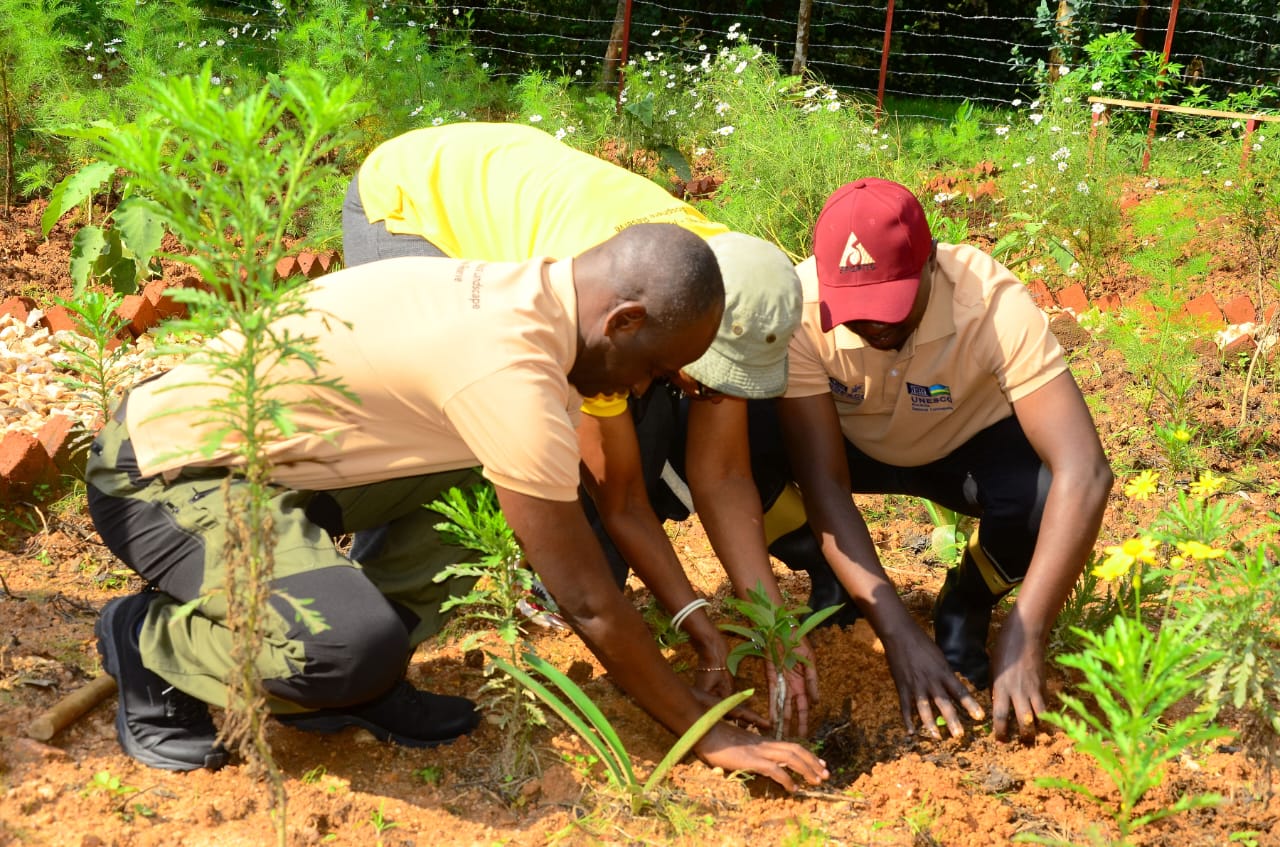
Women’s groups engaged in beekeeping showcased significant progress in their livelihoods. Beatrice Uwamahoro, one of the beekeepers, explained how apiculture has helped her family overcome poverty.
“We realized that bees are not just ordinary animals,they are part of our lives. Now, we earn income, our children attend school, and we contribute to the conservation of the park.”She said:
Her colleague, Devota Uwamahoro, praised UNESCO’s role in supporting them through training, technological tools, and knowledge enhancement for modern beekeeping.
“We have made significant strides in beekeeping and continue to improve our skills and productivity. We are grateful to UNESCO, which we consider a guiding parent in this craft, because the knowledge we gain directly impacts our work and helps increase our yield.”She stated:
Devota also highlighted ongoing challenges related to pesticide misuse, which threatens bee populations:
“Farmers continue applying agrochemicals while bees are harvesting flowers, leading to massive bee deaths. We urge awareness campaigns to educate farmers on proper timing and practices, and to engage them in protecting ecosystems and biodiversity.”
To address these challenges, modern apiaries have been complemented by pollinator gardens planted with flowering trees that bloom at different times, ensuring bees have nearby forage, enhancing their survival and honey production.
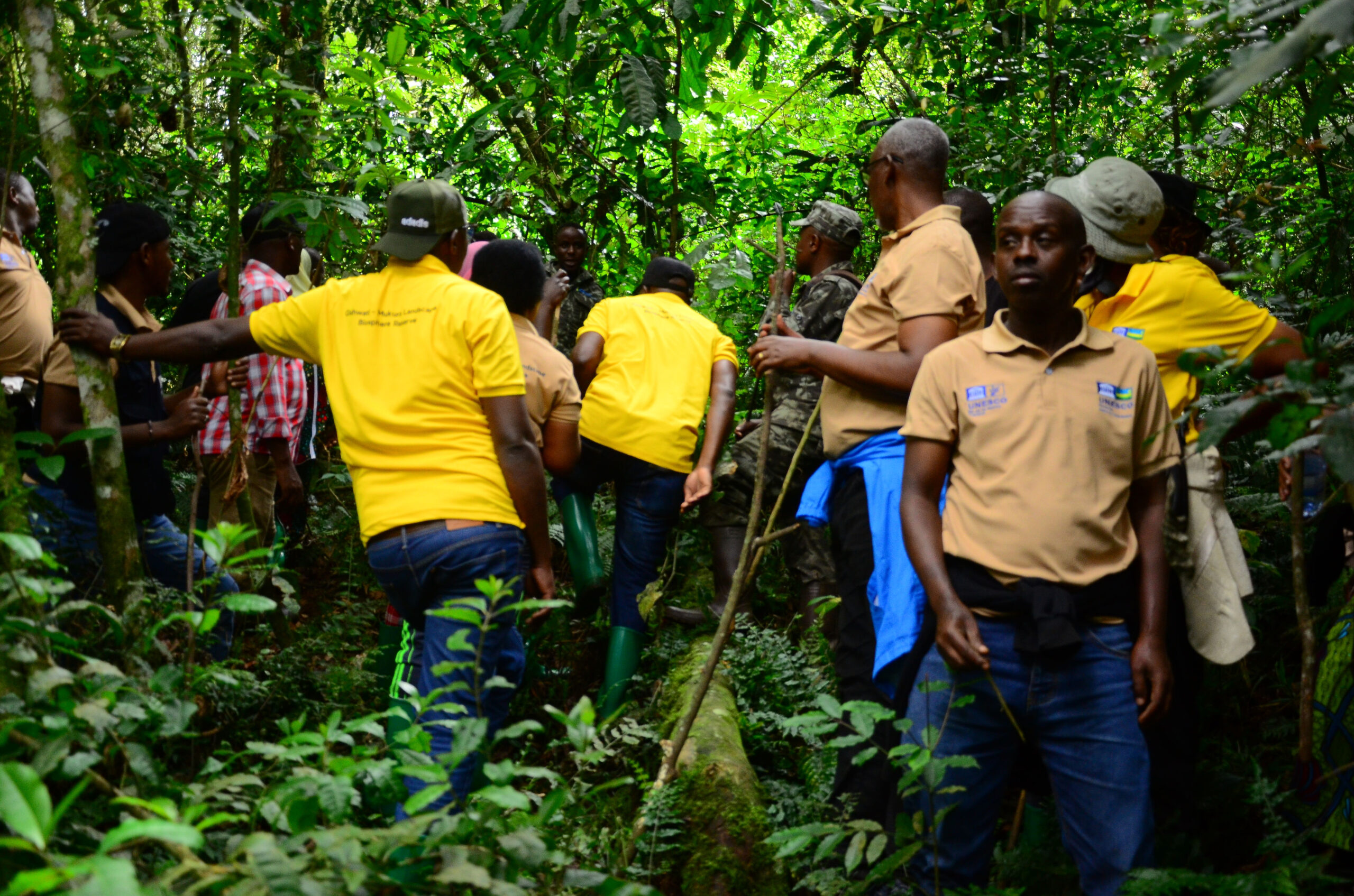
Jean d’Amascene Mukire, an expert involved in these gardens, explained:
“Bees need daily access to forage. By planting diverse indigenous and modern flowering trees in Gishwati, we provide continuous nutrition. This approach helps protect bee health, boost honey yields, and could develop into bee-centered ecotourism within the park.”
Marie Chantal Nyirakamineza, manager of UNICOAPIGI (Rutsiro Honey LTD), producer of Gishwati Nature Honey, praised the women for supplying high-quality honey while emphasizing the need to increase productivity to meet demand.
“These women’s cooperatives are the source of our natural honey, which they also use as a livelihood. We encourage them to continue mastering their craft and mentoring peers, which will boost production and help us expand market supply.”She stated:
Ir. Dominique Mvunabandi, from UNESCO Rwanda’s Science, Technology, and Innovation Unit, noted that the day serves to evaluate the role of biospheres in supporting communities and conserving ecosystems:
“Biosphere reserves are life itself. They provide air, water, and natural resources that underpin livelihoods. Gishwati-Mukura has become a living classroom demonstrating sustainable human-nature interactions.”
“Such observances allow us to assess the impacts of projects in these biospheres, understand benefits to communities, and identify interventions to sustain these advantages.”He added
Emmanuel Uwizeyimana, Vice Mayor of Rutsiro in charge of economic development, emphasized that the park contributes to achieving the district’s Vision 2050 and promotes sustainable tourism and agriculture:
“Gishwati-Mukura helps us market the district as a hub of quality honey production and sustainable tourism. It provides both livelihoods and learning opportunities for youth and women.”
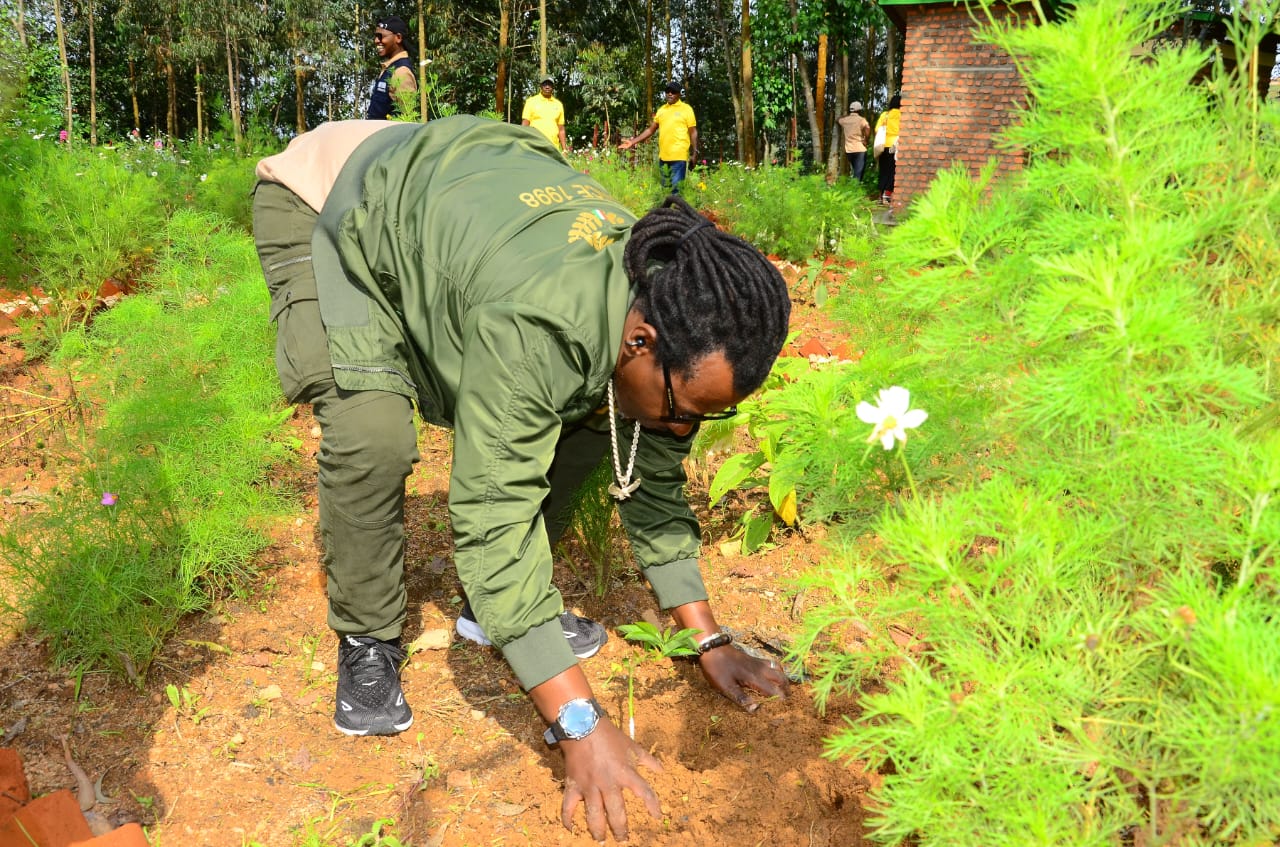
Dr. Andrew Kibogo, lecturer at the University of Rwanda, Nyagatare campus, highlighted the importance of bees in agriculture through pollination, which increases crop yields:
“Bees are crucial as pollinators and honey producers. Reduced bee populations not only lower honey output but also reduce crop yields, since globally 70% of crops depend on pollinators. Protecting bees is essential for food security.”
The Food and Agriculture Organization (FAO) estimates that pollination contributes over $570 billion annually to global agriculture. In Rwanda, women and youth benefit from honey cooperatives that enhance both livelihoods and pollination services.
Anaclet Budahera, Park Warden of Gishwati-Mukura National Park, thanked local authorities and communities for their collaborative conservation efforts:
“Gishwati-Mukura exemplifies how humans can coexist with nature. The park provides clean air, tourism opportunities, and economic benefits for women and youth. We appreciate the ongoing support of the district and UNESCO in encouraging sustainable practices.”
Marie Christine Gasingirwa, PhD, Chairperson of UNESCO Rwanda National Commission, lauded the women’s efforts, noting that they serve as a model for others:
“Their work demonstrates that collaboration, research, and knowledge-sharing lead to sustainable development. TVET institutions should innovate in environmental technologies, such as energy-efficient stoves, to protect forests while creating opportunities for youth.”
A total of 135 modern beehives were distributed, of which 90 had been provided previously and 45 were given on this day. In addition, the beneficiaries received 36 energy-efficient stoves aimed at forest conservation and reducing firewood consumption. They were also provided with 33 complete beekeeping suit kits, comprising protective clothing, along with 33 pairs of boots, complementing the 33 suits and boots that had been distributed earlier.
The beekeeping activity is currently practiced by three women’s cooperatives, CODACE, COAPIRU, and COVED. This initiative has enabled community to recognize the women’s capabilities in beekeeping, a profession traditionally perceived as male-dominated.
Globally, the International Day of Biosphere Reserves has been celebrated since 1972, with Rwanda commemorating it for the fourth time. Gishwati-Mukura National Park has written a new chapter in environmental history, combining biodiversity conservation, economic development, and human-nature harmony.
Bees play a vital role in human livelihoods. Globally, around 70% of crops consumed by humans require pollination. Beyond honey, bees contribute to tree and crop pollination, enhancing agricultural yields by 30–40%.
FAO research estimates that the global economic value of pollination exceeds $500 billion annually. In Rwanda, Gishwati Nature Honey, produced by women’s cooperatives, has reached national and regional markets.
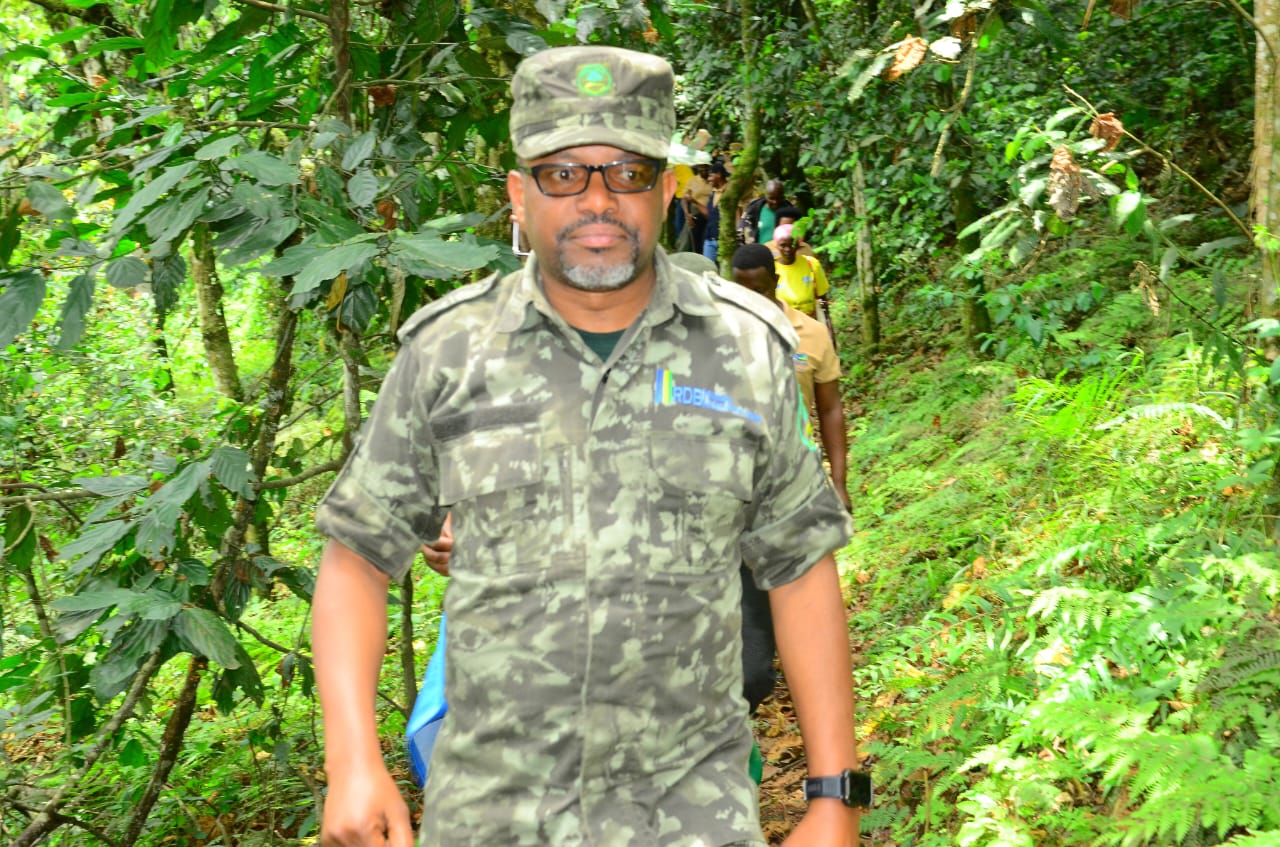
Gishwati-Mukura spans 34,000 hectares, including the Gishwati and Mukura mountain ranges, historically part of the Congo-Nile Divide forest. After degradation from agriculture and fires, restoration began in 2014 through collaboration between the Rwandan government, RDB, and UNESCO.
The park now hosts flagship species such as Blue Monkeys, Colobus Monkeys, Golden Monkeys, and over 230 bird species.
Over time, Gishwati-Mukura continues to serve as a hub of life and economic opportunity. Bees demonstrate that environmental conservation is not solely the work of experts—it is a source of livelihoods, employment, and sustainable development.
